Hypertension, more commonly known as high blood pressure, is something which is not fully understood, with 90% of cases the causes behind it being unknown. Several factors increase your risk of developing the condition, with there being more than one single cause.
How do you know if you have it?
You have high blood pressure if your blood pressure readings are consistently over 140 or 90, or higher over a period of a number of weeks. You may also be at risk from high blood pressure if just one of the numbers is higher than it should be.
The blood pressure ranges are:
- Normal: Less than 120 over 80 (120/80)
- Prehypertension: 120 – 139 over 80-89
- Stage 1 high blood pressure: 140 – 159 over 90-99
- Stage 2 high blood pressure: 160 and above over 100 and above
- High blood pressure in over 60’s: 150 and above over 90 and above
What is high blood pressure?
If you have high blood pressure, this high pressure is putting strain upon your blood vessels and heart. Over time, this extra strain increases the risk of suffering a heart attack or stroke. High blood pressure can also cause other ailments like heart and kidney disease and is very closely linked to dementia.
What are the symptoms?
Unfortunately there are no visible symptoms, and the only way to know if you have high blood pressure is to have it measured. One single reading which is too high doesn’t mean that you have high blood pressure as many things can affect it during a single day. This is why doctors take readings over a period of time.
If your readings come back and are above the normal range, it’s then important to consult a doctor and look at steps to take to begin lowering it.
Causes
It depends on the cause, but high blood pressure can be diagnosed as either primary or secondary hypertension.
Primary Hypertension
95% of people with high blood pressure suffer from primary hypertension, which means there is no singular cause, just a number of lifestyle factors which contribute, including:
- Smoking
- Being overweight
- Lack of physical activity
- Too much salt in the diet
- Too much alcohol consumption
Secondary Hypertension
5% of people with high blood pressure have secondary hypertension. This means there is no underlying cause, examples of causes include:
- Kidney disease
- Endocrine disease
- Narrowing of the aorta or the arteries which lead to the kidneys
- Steroid medicines
- Contraceptive pills
- Pregnancy
Additional causes of high blood pressure
There are some other factors which increase your risk of developing high blood pressure, and are causes which you cannot control, they are:
- Age – The older you become, the effects of an unhealthy lifestyle can build up and cause your blood pressure to rise
- Ethnic origin – Those of African-Caribbean and South Asian origin are at greater risk from high blood pressure
- Family history – You are at greater risk if other members of your family have had high blood pressure
How to solve it
There are some natural lifestyle changes you can make in order to help diagnosed high blood pressure, they are:
- Quitting smoking
- Starting a low-fat, low-salt diet
- Eating more fruit and vegetables
- Cutting down on alcohol consumption
- Cutting down on high-caffeine drinks like coffee and cola
- Exercising regularly
- Losing any excess weight
READ: The #1 Reason Why you Can’t Lose Weight
If your blood pressure remains high, your doctor might prescribe you antihypertensive medicines, they might include:
- ACE inhibitors
- Calcium-channel blockers
- Diuretics
What is cholesterol?
One important factor in discovering the danger of high blood pressure to you is your cholesterol. High cholesterol increases your arteries’ sensitivity, with high blood pressure making them more likely to be damaged. When treating high blood pressure, it’s then crucial to understand what your cholesterol level is.
If it’s found to be raised, it then needs to be lowered.
With the correct diet, regular exercise and the ideal body weight, cholesterol can be lowered. The majority of people with high blood pressure and high cholesterol also need to be prescribed a cholesterol lowering drug such as statin.
Issues with high blood pressure: How to solve it
If targeted and treated properly, hypertension or high blood pressure can be prevented or lowered. Complications such as stroke or heart failure can also be avoided if treated in the right manner, with the correct lifestyle choices made.
Images courtesy of Shutterstock





 Payments powered by:
Payments powered by:

